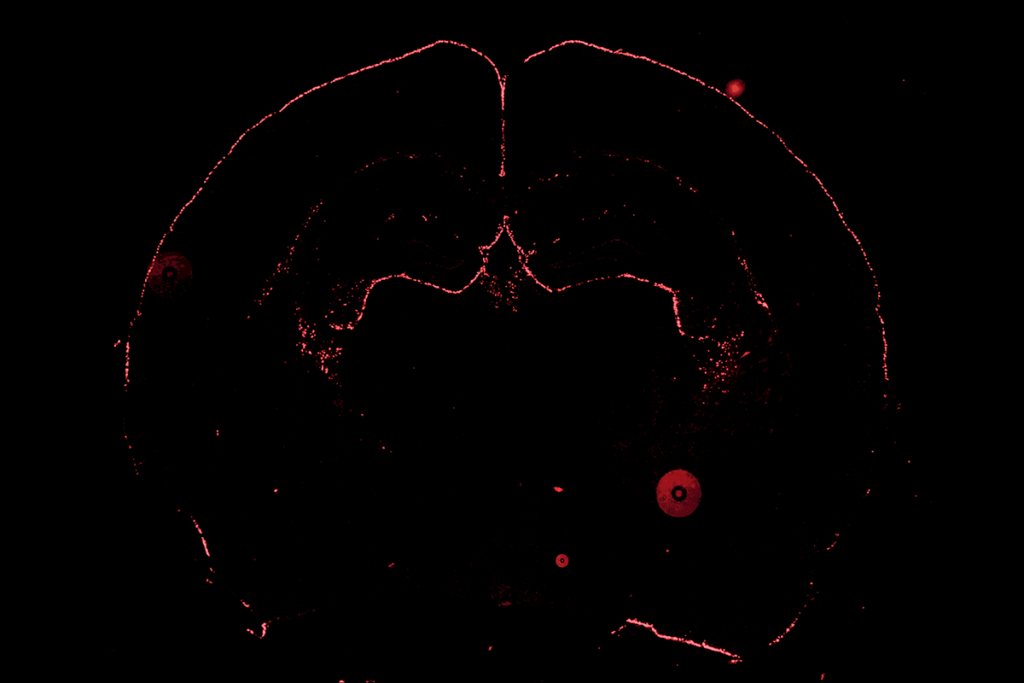AI-powered writing
Recent articles
From bench to bot: How important is prompt engineering?
To draft the most effective prompt, assume the stance of teacher.

From bench to bot: How important is prompt engineering?
To draft the most effective prompt, assume the stance of teacher.
From bench to bot: Does AI really make you a more efficient writer?
A more significant benefit may lie in improving quality, refining tone and reducing cognitive burden. But beware of bias.

From bench to bot: Does AI really make you a more efficient writer?
A more significant benefit may lie in improving quality, refining tone and reducing cognitive burden. But beware of bias.
From bench to bot: Boost your writing with AI personas
Asking ChatGPT to review your own grant proposals can help you spot weaknesses.

From bench to bot: Boost your writing with AI personas
Asking ChatGPT to review your own grant proposals can help you spot weaknesses.
From bench to bot: How to use AI to structure your writing
When given specific examples, ChatGPT can generate templates to help guide different types of documents.

From bench to bot: How to use AI to structure your writing
When given specific examples, ChatGPT can generate templates to help guide different types of documents.
From a scientist’s perspective: The Transmitter’s top five essays in 2023
From big-picture debates about theories and terms to practical tips for teaching and writing, our favorite expert-written articles offer a glimpse into what neuroscientists are thinking.

From a scientist’s perspective: The Transmitter’s top five essays in 2023
From big-picture debates about theories and terms to practical tips for teaching and writing, our favorite expert-written articles offer a glimpse into what neuroscientists are thinking.
From bench to bot: How to use AI tools to convert notes into a draft
ChatGPT can capitalize on the highly ordered nature of scientific writing to streamline your writing process.

From bench to bot: How to use AI tools to convert notes into a draft
ChatGPT can capitalize on the highly ordered nature of scientific writing to streamline your writing process.
From bench to bot: A scientist’s guide to AI-powered writing
I was initially skeptical of artificial-intelligence tools such as ChatGPT for scientific writing. But after months of using and teaching generative artificial intelligence, I have come to realize that it has a place in the scientific writer’s tool kit, even if it can’t write that grant for you from scratch.

From bench to bot: A scientist’s guide to AI-powered writing
I was initially skeptical of artificial-intelligence tools such as ChatGPT for scientific writing. But after months of using and teaching generative artificial intelligence, I have come to realize that it has a place in the scientific writer’s tool kit, even if it can’t write that grant for you from scratch.
Explore more from The Transmitter
Who funds your basic neuroscience research? Help The Transmitter compile a list of funding sources
We want to hear from you about the sources of funding for your research.
Who funds your basic neuroscience research? Help The Transmitter compile a list of funding sources
We want to hear from you about the sources of funding for your research.
The future of neuroscience research at U.S. minority-serving institutions is in danger
Cuts to federally funded programs present an existential crisis for the University of Puerto Rico’s rich neuroscience community and for research at minority-serving institutions everywhere.

The future of neuroscience research at U.S. minority-serving institutions is in danger
Cuts to federally funded programs present an existential crisis for the University of Puerto Rico’s rich neuroscience community and for research at minority-serving institutions everywhere.
Unexpected astrocyte gene flips image of brain’s ‘stalwart sentinels’
The genetic marker upends the accepted orientation of non-star-like astrocytes in the glia limitans superficialis.

Unexpected astrocyte gene flips image of brain’s ‘stalwart sentinels’
The genetic marker upends the accepted orientation of non-star-like astrocytes in the glia limitans superficialis.